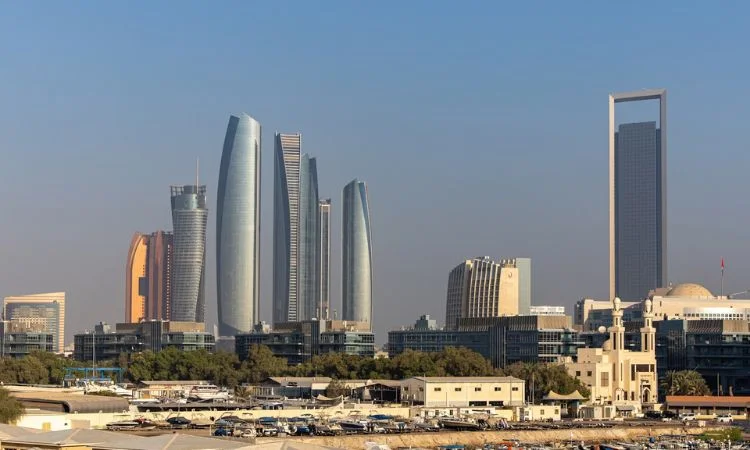The final day of trading for stock exchanges in Dubai and Abu Dhabi saw moderate gains, providing a positive finish to the year. Both indices closed higher on Friday December 30th to wrap up 12 months of performance for investors.

The Dubai Financial Market (DFM) added 0.3% to reach a final value of 3,306 points, ending the session in positive territory. Topping the gainers was toll road operator Salik, rising 1.3% as one of the most heavily traded stocks on the day. Another notable advancer was Emirates NDB Bank, the largest lender by assets in the UAE, with its shares adding 0.9%. For individual traders and fund managers based in Dubai, it was an upbeat end to a rally that lasted much of the second half of the year.
Zooming out to the full 2023 timeframe, the DFM posted an impressive return of 21.8% for the year. This placed it among the best performing stock markets globally over the last twelve months. Much of the upside could be attributed to strength in Dubai’s real estate and banking sectors, which led market movements. Heavyweight developer Emaar Properties surged 35.2% for the year to the delight of shareholders. Meanwhile, Emirates NDB Bank rewarded investors’ patience with a 33.1% gain.
The first six months saw especially strong growth across the Dubai index, yet geopolitical volatility arising from conflicts in Ukraine and rising global interest rates prompted some profit-taking over the summer months. Still, the market regained its composure and trending decisively higher into December’s finale. According to analysts, healthy corporate earnings delivery cash returns underpinned the resilience shown. There is also growing expectation that interest rates may begin declining in 2024 should inflation pressures ease as anticipated by analysts, a potentially positive catalyst for risk assets.
On neighboring Abu Dhabi’s ADX exchange, the main index edged up a modest 0.1% to wrap at 9,746 points in the last session. Outperforming the benchmark was ADNOC Distribution, rising 4.8% as the refueling subsidiary of Abu Dhabi’s state oil giant enjoyed buying interest. International Holding Company, a diverse conglomerate, jumped 2.2% on above average trading volumes as well.
However, taking a broader view of 2023, ADX recorded its first annual loss since 2020, shedding 6.2% across the year as a whole. Weakness was particularly evident in the real estate and utilities sectors, dragging on index valuation. Top constituent First Abu Dhabi Bank saw its shares slump 18.4%, the second consecutive year of declines for the biggest lender by assets. Uncertainty caused by fluctuating oil prices as geopolitics roiled energy markets pressured performance.
Still, analysts see reasons for optimism penetrating into the new 2023 environment. Softer US monetary policy and potential interest rate cuts could lift investor risk appetite globally. For the oil-dependent Gulf economies, more stability in crude values would support corporate earnings growth and improve fortunes on local stock markets. With many of the volatile political and macroeconomic factors that influenced this year now in the rearview mirror, traders hope for steadier sailing ahead in the new year.















